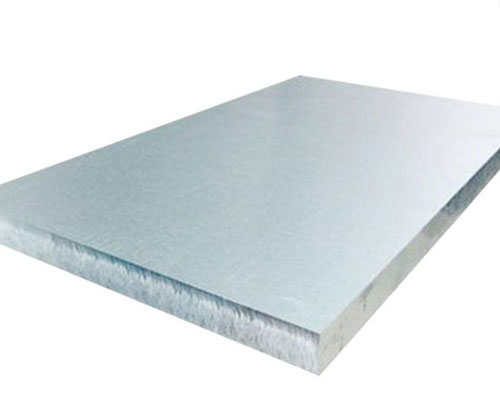What is aluminum? “Pure aluminum is a silvery-white metal with many desirable characteristics. It is light, nontoxic (as the metal), nonmagnetic and nonsparking, somewhat decorative, and is easily formed, machined, and cast.” Despite being an abundant element in the earth’s crust, Aluminum is not found free in nature. The Bayer process is used to refine aluminum from bauxite, an aluminum ore. What is aluminum alloy exactly? Aluminum alloy is made by mixing various elements with pure aluminum to enhance its performance and strength. Iron, silicon, copper, magnesium, manganese and zinc make up as much as 15 percent of the alloy by weight. Alloys are assigned a four-digit number, the first digit identifies a general class, or series, characterized by its main alloying elements.
What is Aluminum Alloy Exactly
The Aluminum types will differ based on the amount of Aluminum that it contains. With that in mind, there are multiple categories that you need to keep in mind, each one with its own set of benefits and downsides:

The 1xxx series integrates Aluminum in the proportion of around 99%. This makes it one of the best types of Aluminum alloys and it does integrate a great corrosion resistance not to mention it has electrical conductivity and stellar corrosion resistance. Found in grids and lines throughout the US.
The 2xxx series is heat treatable and copper is the main element aside from Aluminum. This is an alloy that integrates strength and toughness, however, it doesn’t have a very good corrosion resistance.
6xxx is a series that has lots of magnesium and silicon. It is heat treatable and versatile, not to mention it works great for many structural and architectural applications.
7xxx is a series that uses zinc as the primary alloy. This delivers a lot of strength and it manages to bring in front great results in architectural structures.
3xxx has mostly manganese as the predominant alloy and it’s a general-purpose utility most of the time.
4xxx integrates lots of silicon. Silicon helps in creating welding wire and brazing, not to mention that the melting points are lower.
5xxxx contains lots of magnesium and us resistant to corrosion. They are ideal for use in underwater locations but its most common use is electronics and architectural applications as well.
The Aluminum Association has created a Technical Committee on Product Standards which regulates the creation of new alloys. These must heavily tested before they reach mass usage. Nowadays you can find more than 530 different active alloy compositions and their number grows all the time! AdTech offers some different aluminum alloy additives for aluminum alloy casting.

